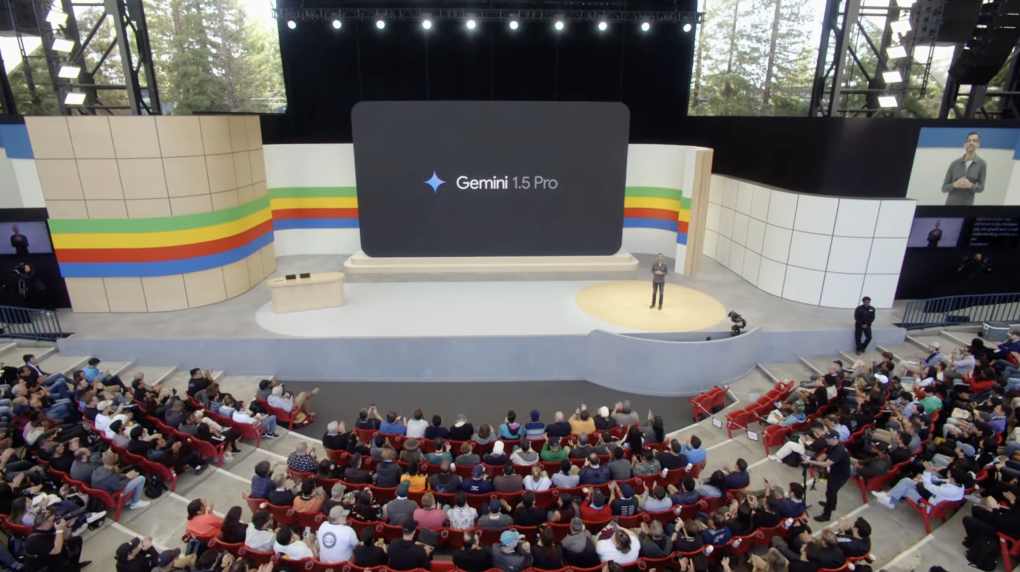No charges will be laid after explicit, AI-generated photos of Winnipeg high school students were circulated online.
The Winnipeg Police Service (WPS) wouldn’t give full details on its decision to not lay charges. However, police said, generally speaking, there could be issues with evidence, victims choosing not to move forward, a low likelihood of conviction and the nuances of crimes involving AI.
This news comes after CTV News Winnipeg previously reported that Collège Béliveau in the Louis Riel School Division said some of its students had come forward about the doctored photos.
The school said the photos were taken from social media and then explicitly altered.
David Gerhard, the head of computer science at the University of Manitoba, said AI-generated explicit photos are likely much more common than people think.
“I suspect that there are a lot of folks that are doing this in the privacy of their own homes, not sharing them with anybody and nobody knows,” he said in an interview on Thursday.
“This is a problem with this kind of technology.”
Gerhard added that when it comes to technology, the law is often playing catch up.
“At this point, broadly speaking, it’s not illegal to generate an image and then share that,” he said.
He noted he thinks there needs to be legislation that indicates that this is a problem that will be addressed, adding that there also needs to be tools in place for victims to seek legal help.
“The reality is, it’s unlikely that we’re going to be able to remove these images from the internet because anything on the internet is there forever,” Gerhard said.
“But we can prosecute people who engage in these behaviours and make clear that these are entirely inappropriate uses of this technology.”
– With files from CTV’s Charles Lefebvre, Daniel Halmarson and William Reimer.



